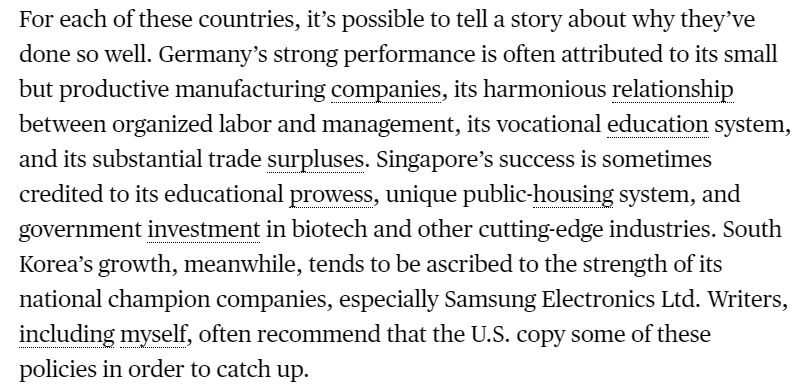Here is a thread on that question.
First, two disclaimers...
So if I say someone "isn't working class", it's not meant as any kind of insult.
One obvious way of defining it is the type of work you do - if you do jobs that involve a lot of physical labor, you're working class, etc. Basically "blue collar" = "working class".
As manufacturing becomes increasingly automated or outsourced, and the human-interaction economy expands, the % of workers doing mainly physical labor is shrinking...
Well, there are several problems with that. First of all, there's wealth. If your family is rich and you're working at a low-wage job, I struggle to call you "working class".
If you're a Harvard student working part-time at a library, I struggle to call you "working class".
A) depend on work for your sustenance, and
B) not be on track to make a lot more money than you do now.
Suppose you have a Harvard degree, and you decide to go wait tables in New York City for a couple years while you "find yourself" (and party). I still have trouble calling you "working class"...
Are you "working class" now? I'd say yes, I think.
You enter the working class by inches.
Again, I have a hard time saying yes...
In econo-speak, the option value of education declines over time if the option isn't exercised.
A) depend on work for your sustenance, and
B) not be on track to make a lot more money than you do now, and
C) not have the option to go make a lot more money than you do now.
(end)










